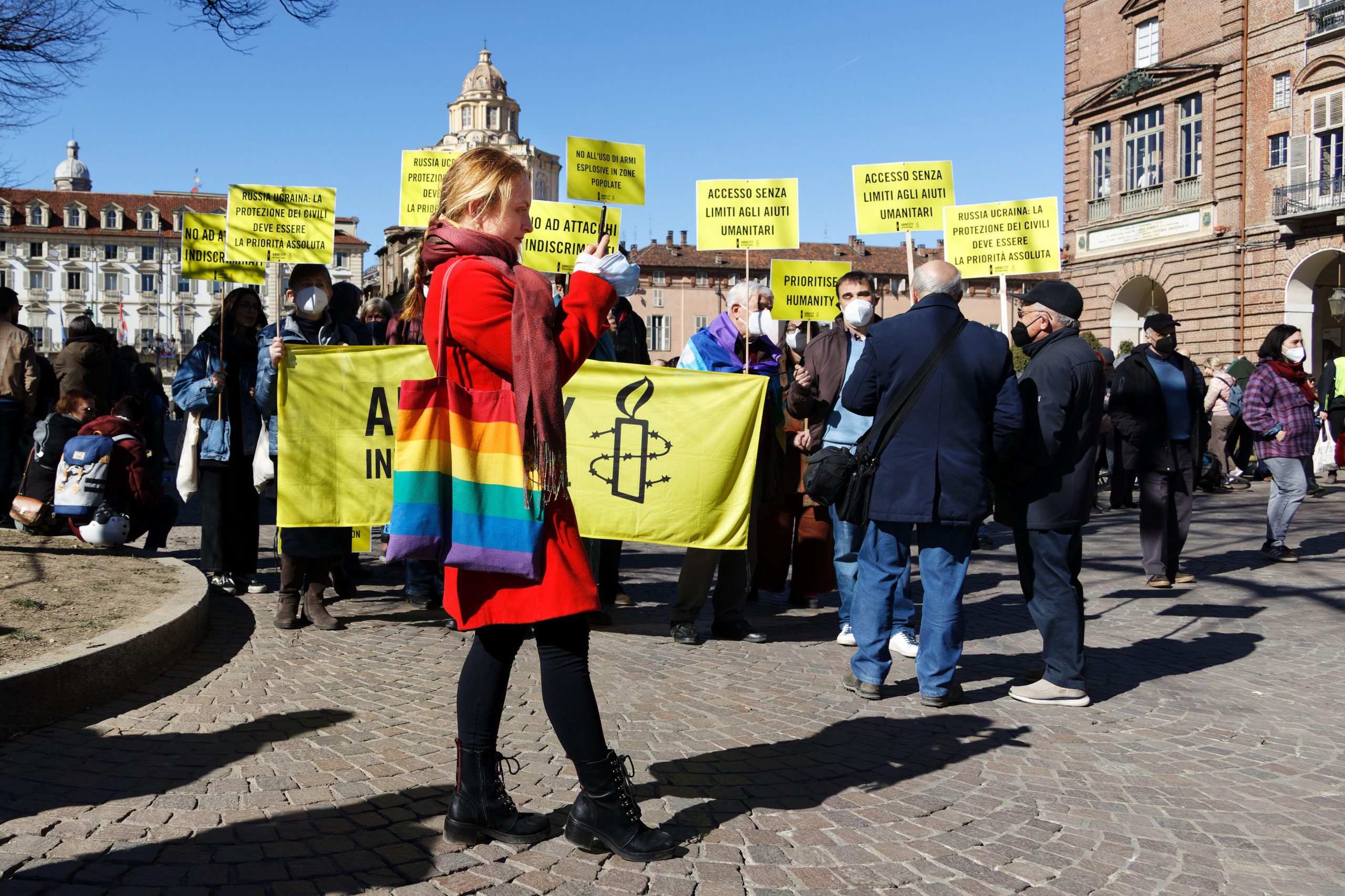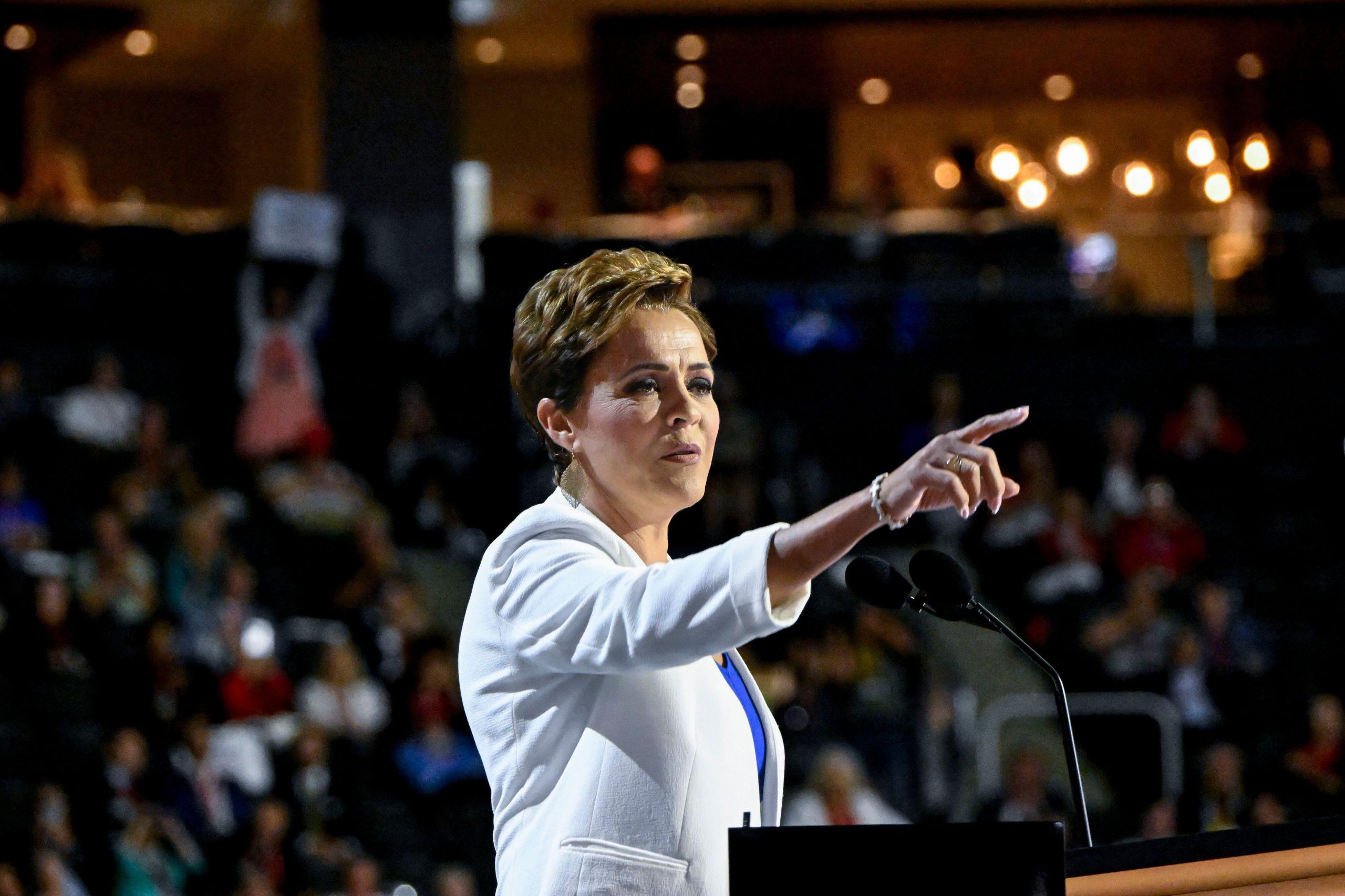Election day is here. And, according to all the signals, it will be as interesting as anticipated.
The first exit polls coming from the far Eastern regions of Russia are quite shocking: preferences for Putin’s United Russia are below 50 per cent, reaching as low as 42 per cent according to certain pollsters. If this is confirmed, a second round will be needed for Putin’s victory. On the other hand, Twitter and Facebook feeds are exploding with videos and pictures documenting “Carousels”, buses with voters sent to cast their votes for United Russia, often more than once.
After a few very calm days, perhaps the calm before the storm, there were several worrying episodes of opposition activists attacked and arrested in Moscow in the late hours of yesterday. Several members linked to the all-girl punk band Pussy Riot, who perform anti-Putin songs dressed in bright mini-skirts and coloured balaclavas, were arrested on charges of hooliganism following an impromptu performance at a cathedral on 21 February. At Kropotkinskaya metro station, two Solidarnost activists and one Novaya Gazeta photo reporter were held. A member of the Committee for Fair Elections, Aleksandr Bilov, was attacked in his home’s entrance and arrested after he fought back the attack.
Early this morning, an army of nearly 30,000 election observers marched towards the polling stations assigned to them, gathering there by 7:30am. Most were well equipped with smart phones, video cameras and guides to correct electoral procedures. As announced in December, Putin installed £320m worth of web cameras around polling stations to contribute to the fairness of the elections, but this did not reassure his opponents much. If proof was needed to confirm that a wave of civil activism has hit Moscow, then this army of election watchers is the final one. Tweeting by observers has already gone viral with the Twitter hash-tag #выборы2012.
Putin is expected to win, eventually, but the question is by how much. His ratings are still extremely high in the countryside, where “any desire of living better is outweighed by a persistent fear of living worse”, the NYT reports. Besides that, none of the other candidates pose an actual threat to him. The only real new entry is the liberal businessman Prokhorov, whose campaign was too short to be able to gain a significant amount of followers. Zyuganov and Zhirinovsky are two “professional opposition candidates” at the opposite ends of the political spectrum, who are today little more than caricatures of themselves, while Mironov… who is Mironov? An anonymous long-time Putin backer, hardly taken seriously by anyone. Yavlinsky, Yabloko leader and most serious counter-candidate, was not allowed to run in the elections because of alleged irregularities in the collection of signatures.
The main person to watch in the opposition spectrum remains Aleksey Navalny. The anti-corruption blogger and lawyer has rapidly risen to political stardom over the past few months. He is a controversial figure — concerns are often raised about his nationalistic views and his “prima donna” attitude. He is very popular among the younger generations for his open way of interacting on the web. It will be interesting to observe his public appearances in the next few days: much of his political future may depend from it.
Among the opposition forces nobody dares say it out loud, but many think that Putin’s defeat would not be a good thing right now. The opposition is too young and fragile to be effective. Until only some months ago, there was nobody to listen to it. Suddenly, Moscow is buzzing with political talk and desire for change, but until a couple of years (if not months) ago, the only people you could find speaking about Russian politics were foreigners. A potential new Russian leader needs a basis of consensus which is still in development, and an all-encompassing programme that it is still lacking.
Demonstrations have already been announced for tomorrow, 5 March. Opposition will gather at 7pm in Pushkin square, while the nationalist group Nashi will be in Manezh square at 4pm. The opposition wants to take the protest to the Red Square but authorities have not allowed this action, though it may still go ahead. Rumours say that the action at the Garden Ring last week was been the last peaceful demonstration, but it could be counterproductive for Putin to crack hard on the protesters.
The carrot-and-stick Medvedev-and-Putin political model gone, it is now time for Vladimir Putin to reveal which one of the two methods is he going to choose in his next term as president of the Russian Federation — which might begin later than expected.




